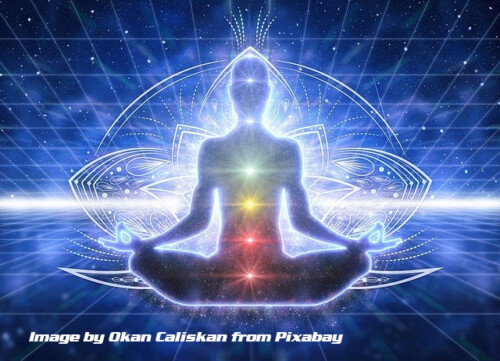Navigating the Complex Terrain of Woke Culture: Unveiling its Dynamics, Impacts, and Mental Health Ramifications
Editorial Team
Woke culture, stemming from social activism and awareness, has become a pervasive force in contemporary society. While it champions social justice, inclusivity, and awareness of societal issues, the phenomenon is not without its complexities and controversies. This article delves into the multifaceted aspects of woke culture, examining its positives and negatives, and exploring its potential effects on mental health.
1. Positives of Woke Culture:
- Social Justice Advocacy: Woke culture is rooted in a commitment to social justice. It strives to dismantle systemic inequalities, challenge discrimination, and promote inclusivity, fostering a society that is more aware and empathetic.
- Cultural Sensitivity: The emphasis on cultural awareness and sensitivity encourages individuals to educate themselves about diverse perspectives and experiences, promoting a more inclusive and understanding society.
- Empowerment: Woke culture often empowers marginalized voices, providing a platform for individuals to share their experiences and perspectives. This can lead to a more equitable distribution of power and influence.
2. Negatives of Woke Culture:
- Cancel Culture: One of the most controversial aspects of woke culture is the rise of cancel culture, where individuals or entities are ostracized or boycotted for perceived offenses. This can stifle free expression and inhibit constructive dialogue.
- Overzealousness: In some cases, the pursuit of social justice can lead to an overzealous approach, where individuals are quick to judge and criticize, potentially alienating those who may be willing to engage in meaningful conversations about change.
- Polarization: Woke culture has, at times, contributed to societal polarization, with people adopting extreme positions and being less willing to engage with differing perspectives. This can hinder constructive dialogue and problem-solving.
3. Mental Health Implications:
- Hyper-Vigilance: Constant vigilance required by woke culture can contribute to heightened stress levels. Individuals may feel pressured to always be aware of and respond to social justice issues, leading to mental fatigue.
- Fear of Judgment: The fear of being judged or canceled for inadvertently saying or doing something perceived as offensive can create anxiety and self-censorship, inhibiting genuine expression.
- Social Isolation: Cancel culture and polarization may lead to the exclusion of individuals with differing opinions, potentially causing social isolation and impacting mental well-being.
Conclusion:
While woke culture emerges from a noble pursuit of justice and equity, its impact is a double-edged sword. Striking a balance between advocacy and understanding, avoiding overzealousness, and fostering open dialogue are crucial for maximizing the positives of woke culture while mitigating its potential negatives. Furthermore, individuals should be mindful of their mental well-being in navigating this complex cultural landscape, seeking ways to engage constructively while maintaining a healthy sense of self.

